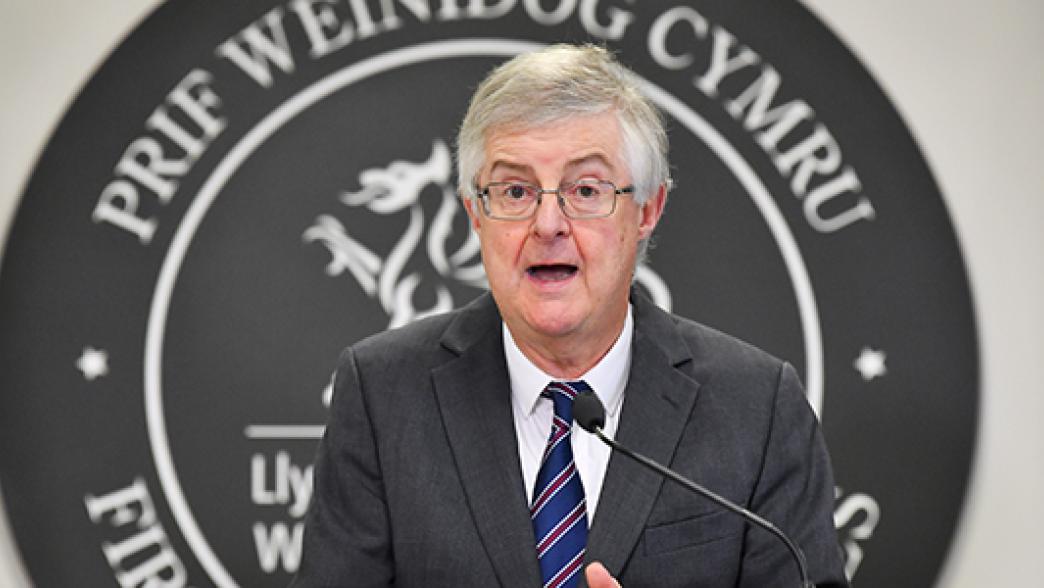Co-ordination and divergence: devolution and coronavirus
The four governments of the UK must better co-ordinate their different approaches to lockdown restrictions.

The four governments of the UK must better co-ordinate their different approaches to lockdown restrictions to control the rising number of cases in England, Scotland, Wales and Northern Ireland.
This report warns that poor communication and a failure to share information have led the four governments to make decisions without considering the impact of their actions on other parts of the UK. Politicians must be sure that they do not forgo the potential benefits of co-ordinating their divergence – in terms of lives saved – because they are unwilling to reach consensus on the best way forward for the whole of the UK.
Devolution is deliberately designed to allow for divergence, but when it happens it needs to be managed carefully to avoid negative impacts. A lack of co-ordination during the crisis – specifically on the details of restrictions – has created confusion amongst the pubic and businesses and may have undermined public compliance. For example, a lack of agreement over travel restrictions placed on people living in high prevalence areas led the Welsh government to prohibit people from other parts of the UK from entering Wales.
Since May, meetings between the four governments have become sporadic. In the early phase of the crisis, between the end of March and the beginning of May, COBR was convened four times to allow the prime minister and first ministers to meet; it was not convened at all between 10 May and 22 September. Ministerial Implementation Groups – which facilitated daily contact with devolved ministers – were disbanded by the UK government in May, without consulting the devolved administrations.
The approach to easing lockdown restrictions in the four nations has diverged since May – different decisions have been taken on timing and on the number of people that can meet, for example. Politicians have made different choices based on local factors and epidemiological evidence but also – most significantly – according to their own political judgment.
The new IfG paper says the four governments of the UK should:
- agree a regular schedule of meetings, including high-level cross-government meetings between leaders, and more frequent operational-level meetings
- commission scientific advice on a UK-wide ‘circuit-breaker’ lockdown as opposed to separate approaches in each of the devolved administrations
- agree restrictions on travel from areas of high-risk areas to lower-risk ones to prevent further restrictions at UK internal borders
- agree thresholds for imposing lockdown conditions that will trigger economic support to ensure an equitable distribution of economic support.
- Topic
- Devolution Coronavirus
- Keywords
- Intergovernmental relations Health Economy
- United Kingdom
- England Scotland Wales Northern Ireland
- Devolved administration
- Scottish government Welsh government Northern Ireland executive
- Publisher
- Institute for Government